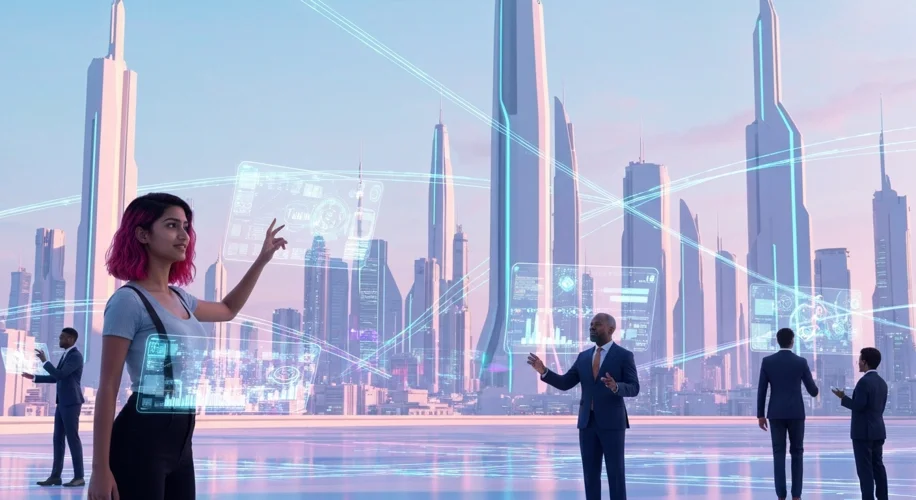Okay, so hear me out. AI is everywhere, right? We hear about it constantly, from chatbots writing code to art generators creating wild images. But what’s actually happening beyond the buzz? As someone deep in the AI trenches, I’ve got some thoughts.
We’re often talking about two big ideas: Artificial General Intelligence (AGI) and Artificial Superintelligence (ASI). AGI is basically AI that can understand, learn, and apply knowledge across a wide range of tasks, just like a human. Think of it as an AI that doesn’t just do one thing well, but can figure out pretty much anything. ASI? That’s the next level – AI that’s way smarter than the smartest human in virtually every field.
Honestly, we’re not there yet with AGI. Most of what we interact with today is still pretty specialized. Your favorite AI assistant is great at setting timers and answering trivia, but it’s not going to write a symphony or discover a new scientific principle on its own. That’s narrow AI, and it’s what’s driving most of the current advancements.
So, where does that leave us? Let’s be real, the impact of AI is already here and it’s growing fast. One of the big conversations is around jobs. As AI gets better at automating tasks, there’s a real discussion happening about how work might change. Some folks are talking about a future with a much shorter workweek because AI can handle a lot of the heavy lifting.
Imagine this: AI tools take over the repetitive or data-heavy parts of your job. This could free us up to focus on the more creative, strategic, and human-centric aspects of our work. Or, it could mean fewer jobs overall in certain sectors. It’s a complex puzzle.
But here’s the catch: even if AI can do more, does it have wisdom? Does it understand the nuances of human interaction or the ethical implications of its actions? Right now, AI models are getting incredibly sophisticated at pattern recognition and prediction, but true understanding and consciousness are still firmly in the realm of science fiction, at least for now.
My take is that AI is a powerful tool. It’s up to us to figure out how to use it best. This means focusing on developing AI responsibly, understanding its limitations, and having open conversations about how it’s going to reshape our society – from the economy to how we spend our time.
The future isn’t just about building smarter machines; it’s about building a better society with those machines. It’s exciting, a little daunting, and definitely worth talking about. What are your thoughts on how AI is changing things?

